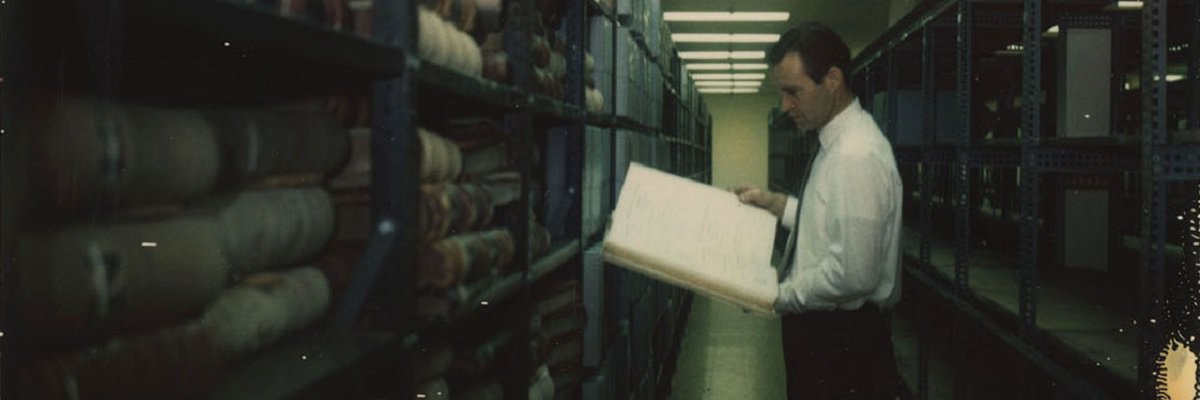MuckRock has lost a beloved user, a mentor, and friend, and the world has lost one of its great spirits with the death of Aaron Swartz. He had the audacious beliefs that people should be able to read the laws that governed them, that a government by the people and for the people should be held accountable to the people, and that a robust public commons was a right, and not a privilege to be revoked.
Aaron lived these beliefs.
“Hi. I live in Cambridge and file a lot of FOIA/PA requests,” Aaron emailed me, by way of introduction, in Fall 2010. “Any chance I can get a MuckRock account?”
He could: He was officially MuckRock user 70, though probably one of the first dozen to actually file a request. And he used it regularly, with eyes open for the topical and mundane, the personal and political.
He was among the first to request photos from the killing of Osama Bin Laden. He requested information on how the United States Secret Service requested and accessed Google’s data.
He filed requests with the U.S. Mint and about Bradley Manning.
The requests he appeared most interested in appeared to be records related to ICE domain seizures. Mike Masnick at TechDirt wrote about the results: Redactions so severe as to make the documents almost “useless”.
At the time of his death, I was working with Aaron on appealing the redactions and fee assessments.
Aaron was generous with his thoughts and feedback, his introductions and encouragement. Many of his feature requests were intelligent and would make it into the site.
I thought his business advice was terrible. As Larry Lessig noted, “Aaron had literally done nothing in his life ‘to make money,’” instead defining success by impact. Aaron steadfastly suggested that we should make MuckRock accounts free for all. I pointed out that then we couldn’t even afford the postage and fax fees associated with every request, but he said that was a small problem.
I declined to take this particular suggestion, but cherished the spirit it was given in.
Aaron also filed several requests relating to the federal investigations into him. The Department of Justice claimed it had no responsive documents in relation to his attempt to “open” the PACER database, the for-fee, tax-supported database of legal cases that make up much of the case law under which the American justice system operates.
The Executive Office for United States Attorneys withheld in full 72 pages on him regarding that same case.
For many of these requests, Aaron would literally wait years for a response, only to receive cryptic rejections or no response at all. For every time he raised the ire of federal investigators, and ultimately prosecutors, he had, indeed, taken the proscribed path dozens or hundreds of times.
If Aaron’s methods and aims in freeing information were “radical,” then they were reactions to deep-rooted, systematic failures that often demanded radical responses.
Today, as a small way to remember Aaron, and to help continue his legacy of agitation, we’re offering free requests, for everyone. Let us know what information you would like to see free, and how Aaron impacted you.
Together, let’s continue to fight for good in the world.
Image via Wikimedia Commons and is licensed under CC BY-SA 2.0




